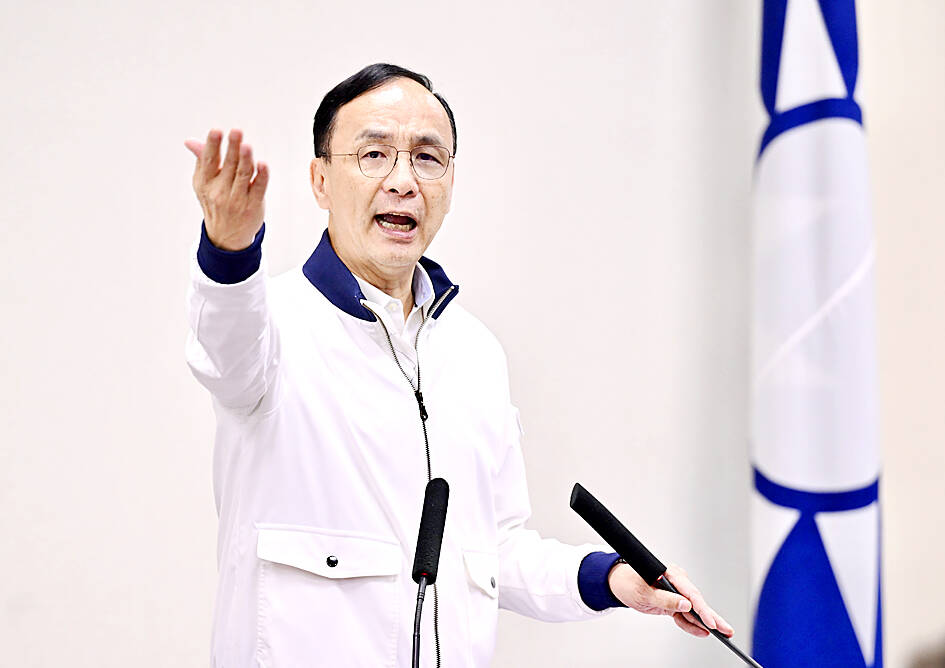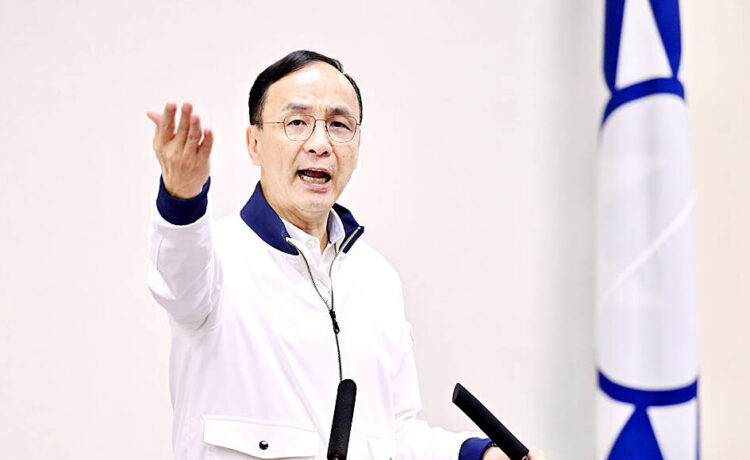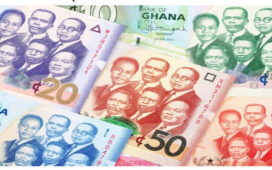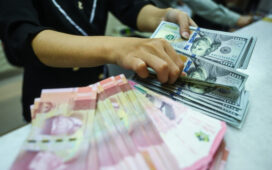-
By Huang Ching-ting and Jonathan Chin / Staff reporter, with staff writer
Chinese-language media reporting that the US is pressing Taiwan on currency exchange rates were based on a misinterpretation of a South Korean news report, the Ministry of Foreign Affairs said on Tuesday.
Taiwan was conducting talks over tariffs with US officials, but the negotiations did not touch on the New Taiwan dollar’s value, President William Lai (賴清德) said on Monday.
Taiwan is on a US trade watchlist due to a trade imbalance, but has not been named as a currency manipulator, Lai said, adding that media should guard against spreading disinformation.

Photo: Lo Pei-de, Taipei Times
On Tuesday, the China Times reported that Bank of Korea Governor Rhee Chang-yong had delivered a “slap in the face” to Lai by acknowledging that the US was pressuring Asian nations over currency rates.
However, “a certain media outlet” had misconstrued Rhee’s statements, the ministry said in a statement.
The South Korean official’s comments referred to market effects on Asian currencies and did not indicate that Taiwan was under pressure from the US over exchange rates, the statement added.
“Asian currencies, including the won, have been gaining ground partly due to the US administration’s pressure on Asian countries to appreciate their currencies, and also on expectations of a potential resumption of trade talks between the US and China,” Rhee was paraphrased as saying in an English-language report by Yonhap News Agency.
The Office of Trade Negotiations on Monday said that Taiwanese and US officials did not talk about exchange rates and the central bank is not a party to the negotiations, the ministry said.
Chinese Nationalist Party (KMT) Chairman Eric Chu (朱立倫) yesterday repeated the China Time’s allegations, saying that Lai’s remarks were tantamount to “turning a blind eye to reality.”
The Democratic Progressive Party (DPP) is “kneeling before the US” in a betrayal of the nation, Chu said.
He alleged that during talks in March, the government gave to the US Taiwan Semiconductor Manufacturing Co’s technology, the most valuable bargaining chip that Taiwan has.





